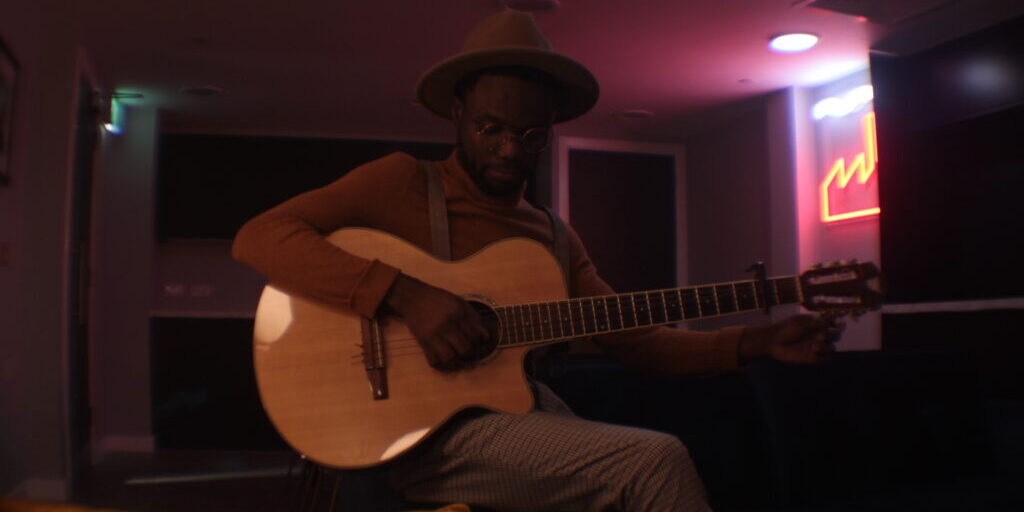
Regular readers of this blog will know that there are certain concepts I tend to come back to repeatedly because I find them fascinating. Two of these, which I hope to discuss in this post, are the concepts of the future self and our misconceived notions of failure, and their intersection.
The idea that our perceptions of our future selves often influence our attitudes towards failure was planted in my mind when I read Elizabeth Day's Failosophy. It is a fascinating book that explores society's attitudes towards, and negative perceptions of failure. Day attempts to reframe the conversation to encourage society to not only see failure as essential and worthwhile but to embrace failure as an inevitable part of life. Through this lens, Day proposes 7 principles of failure she's gathered from her life experiences as well as dozens of conversations with podcast guests.
As I made my way through the book, each principle revealed valuable insights that had me nodding along, but it was principle 6 that stopped me in my tracks and made me dwell on it, think twice, and rethink what I thought I knew. So what was this principle 6?
There is no such thing as a future you.
And this is where we come back around to the introductory paragraph of this post. I've previously written about how we can leverage scholarly research to make decisions in the present that will benefit rather than sabotage future versions of ourselves, our future selves. As a longtime proponent of this view that we owe it to our future selves to act in their best interests in the present, you can imagine the dissonance I experienced when I read that line in Failosophy, that there's no such thing as a future you.
At first, I considered the possibility that the author was simply wrong, which made me question everything I'd read in the book prior. I thought, surely there's such a thing as the future self, and there are mountains of research that explore this concept. And then I considered, for the briefest of moments, that it was my prior position that was misguided. Perhaps I'd misinterpreted everything I'd read about the future self, or maybe even more unlikely, that all of the research I'd read was wrong?
After reading Day's explanation of principle 6, and the ones that followed, and after stewing for an entire day, with two potentially conflicting ideas held in my brain at the same time, I woke up the next morning with the realisation that both ideas can coexist, that perhaps the conflict was all in my mind. This realisation paved the way for this post and even helped me connect the two aforementioned concepts I'm passionate about.
The idea that there's no future self, or future you as Day put it, is one that's meant to free us from the shackles of perfection – yet another recurring theme on this blog – when we visualise or make plans for the future. More often than not, we drum up images of what we want our future selves to look like, act like, and be like. We have images of where we'll be in our careers, our romantic lives, the cities we'll live in, and even specific details like the sorts of lunches we'd regularly have. Except, we fail to realise that there's so much about the future that we have no control over. It's all well and good to plan for the future, but when our plans fail to account for the potentially endless list of variables that the future may throw at us, then those plans aren't of much use. Armed with this realisation that there's no way to predict the future, we should feel free to take more risks and try more things. We should feel free to fail and learn from our experiences so that we don't make the same mistakes in the future.
When we consider this, we find that it isn't at odds with the idea of the existence of a future self. Principle 6 in Failosophy encourages us to act now and fail with purpose so that future versions of us can benefit from our failures. Through this lens, there's a version of ourselves that will exist in the future, we just don't know much about that self, and therefore we're not in a position to make concrete plans for that self. We might as well make plans as if that future self doesn't exist, plans that aren't wedded to theoretical details that might detract from actualising our plans in the present.
This is the part of the blog post where I usually ask and attempt to answer the question of what this all has to do with creativity. Well, I find that there's hardly any venture that we romanticise as much as we romanticise creativity, especially when we think of the future. When we think of who we are, and who we want to be in the future, our creative exploits tend to feature firmly in those ideals. We imagine that we'll get better at playing our chosen musical instruments, or practising our handicrafts, or taking the bold step to go public with our chosen art form in the future. We come up with all the reasons why we'd be better placed to take up knitting or write that book or go to that dance class in the future, and incidentally, those reasons tend to double as why we can't do those things in the present.
Or maybe it's just me. I've had something that looks like a music career for a few years now, one that I'm happy with. I've released a few singles and EPs, and been largely pleased with the feedback, however limited, that I've received. And yet, I keep putting off plans for what should be my debut album. I tell myself that I'm better off waiting until I have a bigger following and a larger profile, or until I'm a better musician with more technical prowess on my instruments. But now I realise that perhaps the reason I've been putting off the album is because I'm scared that I'll spend all that time and money and effort working on it, and it'll be met with negative feedback, or none at all. In other words, maybe I'm just scared of failing. Maybe I'm just scared that I'll release it and nobody will listen, or that people will listen and hate it.
It is possible that nobody will listen to an album I make, or that it'll be met with negative reviews. But to call that a failure would be irrational. I've written about how the process of making and engaging with art should be its own reward, and anything else should be icing on the cake. Maybe it's time to put this into practice and make art for the sake of art. Maybe it's time to embrace the process and do right by my creative outlets. Maybe it's time to proceed as if there's no future version of me that'll be disappointed if my album doesn't top the charts, maybe it's time to make music for the joy of it, engage with the process and jettison the prospect of whatever preconceived notions of failure society imposes on us. Maybe it's time to be willing to fail, so that future me could succeed.

P.S.: My middle-grade novella, A Hollade Christmas, and my debut non-fiction book, Art Is The Way, are out everywhere now. You can get them in all good bookstores and from all major online vendors.